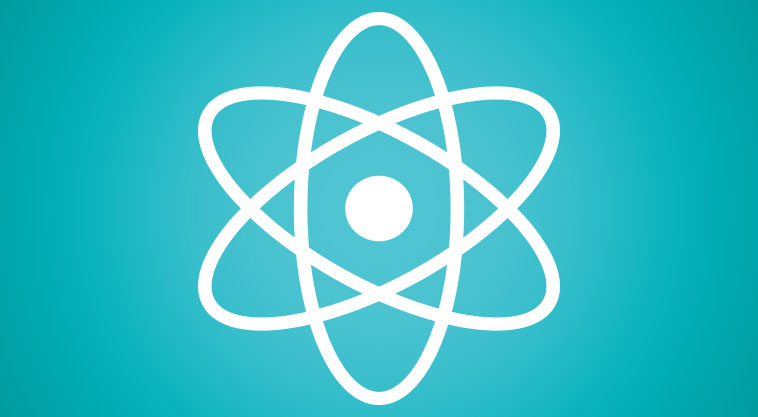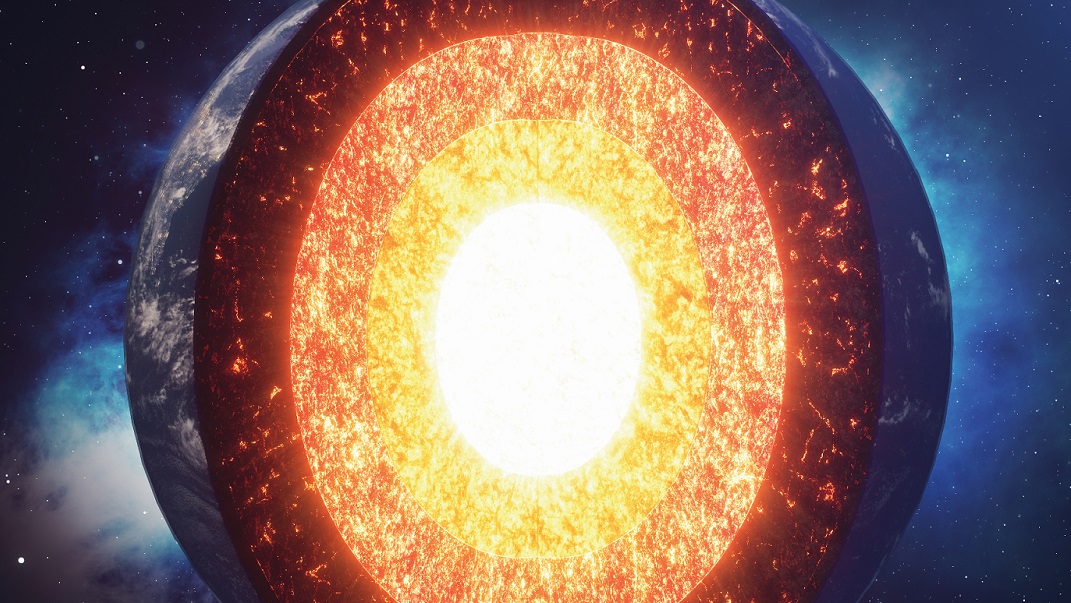Dying to Believe

With Rav Moshe Wolfson, written by Baila Vorhand
Emunah peshutah is the force behind Jewish continuity

T
he Jewish People is not unique in having martyrs, people who offer their lives in defense of their beliefs. Many noble personalities who spend a lifetime searching for truth, or who care deeply for the wellbeing of others, are willing to offer their lives in defense of that truth or to save human lives.
Rash young people have also allowed themselves to be killed in defense of their leaders’ interests due to intense brainwashing and promises of a blissful afterlife. The Japanese kamikazes of World War II as well as today’s Islamic shahid fit the profile of this kind of martyr.
A psychologist can understand the motives of these martyrs. He can explain why these people override the overwhelmingly powerful instinct of self-preservation and offer their lives in the service of an ideal, and his explanation will make eminent, rational sense. He can also explain how brainwashing works in producing suicide bombers.
But the martyrs the Jewish People has produced, again and again, numbering hundreds of thousands, perhaps millions, fit neither of these categories.
Communities are not monasteries, institutes of the religiously elite, comprised of intellectual idealists. Among the members of a society are gossiping washerwomen and coarse menial laborers. But time and again, when faced with the option of converting, entire Jewish communities allowed themselves to be killed rather than abandon Judaism. Just look at the communities of Speyers, Worms, and Mainz, which were completely wiped out by the Crusaders.
Other nations, when given a choice between adopting another religion or dying, very quickly adjusted their belief systems in compliance with their conquerors. The menacing glint of the sword was the convincing theological argument that catapulted Christianity and Islam into world religions. Only the Jews refused to capitulate.
Can the psychologist explain the phenomenon of Jewish martyrdom? Psychology is a science that attempts to make sense of the human psych. Jewish martyrdom cannot be explained because it’s rooted in something much higher — it’s rooted in the emunah instinct of the Jewish neshamah.
I Can’t Jump Off the Roof
For an afikomen present, Tatty buys his little boy a drone. Wanting to be 100% sure that his boy truly understands how the toy works, he sends it on a test flight. One minor factor completely forgotten is that in Boro Park, between one house and the next is a house. The drone ascends and, within seconds, is stuck on the roof. Father climbs up the fire escape, retrieves the drone, and waves it to the jumping boy three stories below.
“Tatty, jump down! Jump off the roof!” cries the little boy. Tatty smiles and makes his way carefully down the ladder.
Why wouldn’t the young-at-heart father jump off the roof? Is it because he doesn’t want to risk severe injury or worse? No. he didn’t jump off the roof because he couldn’t.
A person will not seriously harm or kill himself, not because he doesn’t want to die, but because he simply can’t bring himself to end his life. The instinct of self-preservation overpowers all others. Therefore, a person is unable to kill or seriously harm himself, even if he really wants to (barring extreme mental illness or severe circumstances).
Similarly, the reason Jews refused conversion is because they simply couldn’t cut themselves off from Hashem. Our Jewish instinct of emunah imbued us with the sense that our existence is dependent on Hashem, and if we cut ourselves off from Him, we would endure a spiritual death more painful than the physical death threatening us.
Survival Instinct
My great-grandfather, Binyamin Moshe Hartstien, was an unsophisticated Jew. Although able to learn Gemara, he was a not a philosophical thinker.
Like so many European immigrants to America, he was bitterly poor and struggled to make ends meet. He was able to keep Shabbos because the factory that employed him paid by the piece, not by the hour. However, not all work resulted in equal pay. Often, the high-paying piecework would arrive Friday afternoon. Yet during a time when most abandoned Shabbos observance, he calmly left the factory and went home to get ready for the arrival of the Queen.
Was Mr. Hartstien an unusual baal bitachon, was his trust that Hashem will provide extraordinary? No. He was a just good, ordinary Jew. Was Mr. Hartstien used to being frum, so he kept Shabbos out of habit? That question can only be asked by somebody ignorant of the history of early Jewish immigrants in America. In those times, anybody who was religious out of habit was not religious for very long.
So why did Mr. Hartstien give up the money he so desperately needed for the sake of Shabbos?
Mr. Hartstien left the factory Friday afternoon for the same reason that in every generation at least a million Jews remain loyal to the Torah; because he instinctively sensed that life without Yiddishkeit was not life. He wouldn’t have been able to explain it to you, because he couldn’t have explained it to himself either. “I keep Shabbos because that is what a Jew does,” he thought.
Emunah peshutah is the reason why Jews are ready to die in defense of Judaism.
However, what’s even more marvelous is how Yidden have lived for their Yiddishkeit for thousands of years. There were always hundreds of thousands of Jews, some more learned and pious, some less so, to whom it was obvious that life was about the Torah of Hashem. Like Mr. Hartstien, most of these Jews wouldn’t have been able to defend their position philosophically, they just instinctively sensed that “This is what Jews do.”
It’s worth doing some research to find out who your grandparents were. You’ll be sure to find at least a few among your grandparents, great-grandparents, or great-great-grandparents, whose commitment to Yiddishkeit was strong and unbending. Not because they were great Torah leaders, or educated idealists, but because they possessed a healthy, vibrant Jewish emunah instinct. The tenacious commitment to Torah of these grandparents is the reason you are a frum Jew today.
In a nutshell: Emunah peshutah is the reason Jews have died for Hashem and the reason Jews live for Hashem. Emunah peshutah is the force behind Jewish continuity.
(Originally featured in Family First, Issue 646)
Oops! We could not locate your form.



